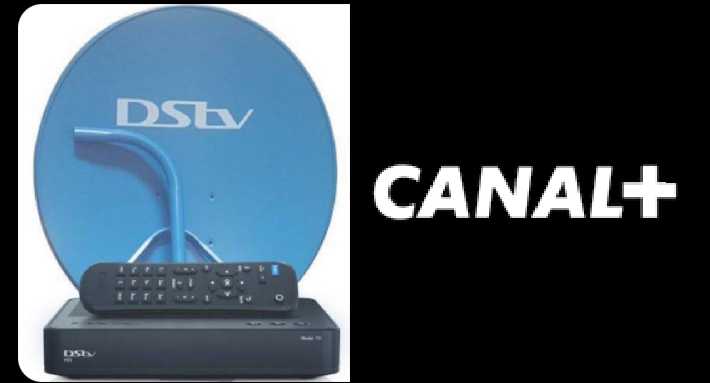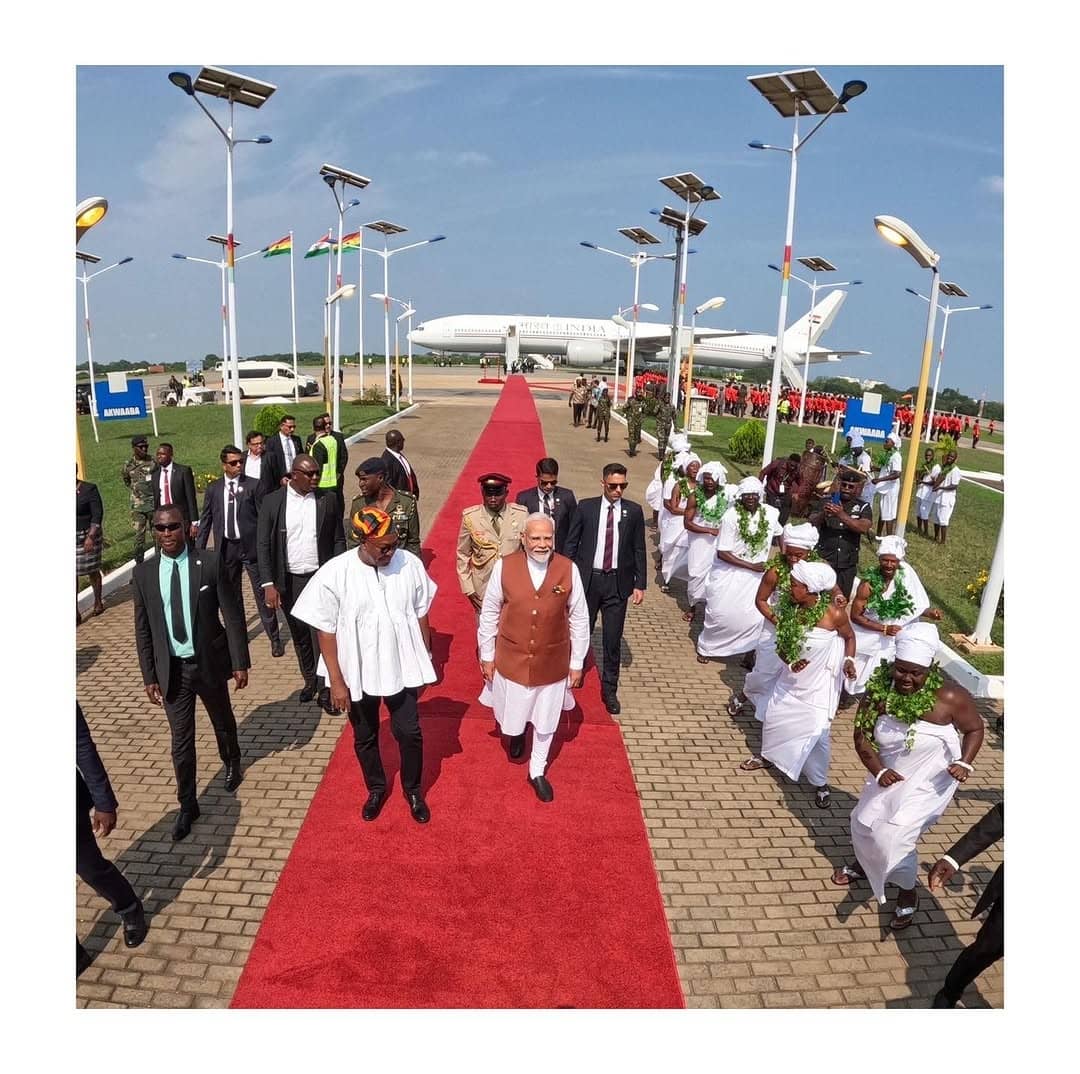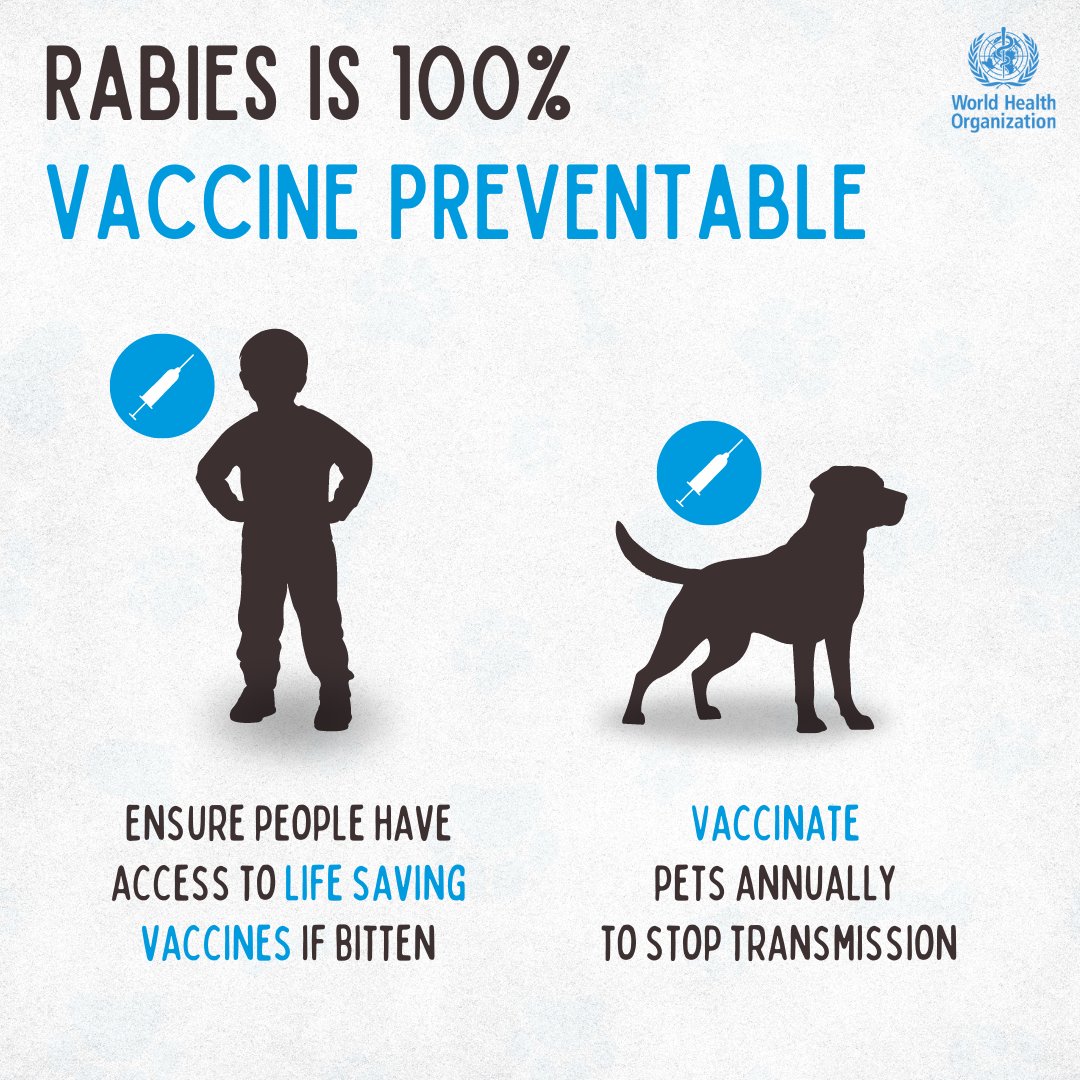
Media Earthquake: Canal+ Seals $3 Billion Deal to Take Full Control of MultiChoice, DStv and GOtv Now in French Hands
In a blockbuster move that has sent shockwaves across Africa’s media and broadcasting landscape, French media powerhouse Canal+ has successfully acquired MultiChoice Group in a staggering $3 billion deal, gaining total control of the continent’s biggest pay-TV platforms, DStv and GOtv. The acquisition marks one of the most significant takeovers
In a blockbuster move that has sent shockwaves across Africa’s media and broadcasting landscape, French media powerhouse Canal+ has successfully acquired MultiChoice Group in a staggering $3 billion deal, gaining total control of the continent’s biggest pay-TV platforms, DStv and GOtv. The acquisition marks one of the most significant takeovers in African media history and signals a new era in television content, digital entertainment, and cultural influence across Sub-Saharan Africa.
The historic deal, which has been in the works for months following Canal+’s gradual increase in its shareholding of MultiChoice, was finally sealed after the French company offered to buy out remaining shareholders at a premium price. Canal+, a subsidiary of the global media conglomerate Vivendi, had previously held over 45% stake in MultiChoice before launching a full takeover bid earlier this year. With this acquisition, Canal+ now officially becomes the sole owner of MultiChoice, inheriting its massive subscriber base, regional infrastructure, original African content library, and influence over millions of households across the continent.
Canal+’s move to acquire MultiChoice is not just a strategic business expansion—it is a signal of the shifting dynamics in global media, where European and Western companies are scrambling to tap into Africa’s booming digital and television markets. MultiChoice, which was spun off from South African tech giant Naspers in 2019, has long dominated the African pay-TV market, boasting over 22 million subscribers in more than 50 countries, with its flagship services DStv and GOtv becoming household names.
With this deal, Canal+ gains access to MultiChoice’s entire portfolio, including its satellite and terrestrial broadcast infrastructure, streaming platform Showmax, sports rights agreements—particularly with the English Premier League, UEFA competitions, and local African sports leagues—and an expansive network of African talent, film studios, and production companies. Analysts say this could be the turning point that propels Canal+ to becoming the single most powerful media entity on the African continent, potentially dwarfing all regional competitors.
“This acquisition is not just about numbers,” said a source familiar with the deal. “It’s about cultural power, content control, and digital dominance. With MultiChoice under its umbrella, Canal+ now controls what millions of Africans watch, how they watch it, and who tells the stories.” The same source noted that the deal could also be Canal+’s ticket to challenging American giants like Netflix, Disney+, and Amazon Prime Video on African soil, where Showmax is already a strong local contender in the streaming market.
Market reaction has been swift. MultiChoice’s share price surged in the hours following the announcement, as investors responded positively to the premium valuation and the strategic synergies the merger could offer. Canal+ executives in Paris hailed the deal as a “transformational moment” for the company’s international ambitions, emphasizing that Africa remains a key growth market for digital and televised entertainment in the years ahead.
But as expected, not everyone is cheering the acquisition. Several stakeholders across Africa are raising concerns about foreign ownership of key local media platforms. Media watchdogs, cultural commentators, and political observers fear that Canal+ could exert disproportionate control over African narratives, programming priorities, and editorial content. “This is a media colonization disguised as a business transaction,” one Nigerian media analyst lamented. “MultiChoice was African-owned, African-driven, and knew how to tell African stories. We don’t know what the new bosses in Paris plan to do with our voice.”
Some employees of MultiChoice have also expressed anxiety about the future of their jobs and the direction the company will take under French control. Though Canal+ has made assurances that it intends to maintain local operations and invest more into original African content, skepticism remains high. Many fear that changes to content offerings, subscription pricing, and editorial policy may follow soon after the dust settles.
Beyond the cultural implications, the deal raises questions about media regulation and foreign ownership rules in several African countries. While Canal+ and MultiChoice appear to have navigated regulatory hurdles through meticulous legal structuring, critics argue that the rapid pace of the takeover did not allow for sufficient public scrutiny or legislative oversight in some of the affected nations. However, Canal+ insists that it will operate transparently and in compliance with all local laws.
On the technological side, Canal+ is expected to inject significant capital into the digital transformation of MultiChoice’s services. Insiders say subscribers can expect better streaming quality, more interactive features, and a more robust Showmax platform in the coming months. There are also rumors of a possible merger between MyCanal, Canal+’s streaming app, and Showmax, to create a single unified African-European streaming powerhouse that could rival global competitors in the region.
This acquisition also adds a new layer to the intensifying content war playing out across Africa. As streaming services jostle for eyeballs and loyalty, the combined forces of Canal+ and MultiChoice are now better positioned to secure exclusive rights, produce premium local series, and deliver international content through established African distribution networks. It’s a strategic coup that could redefine what African entertainment looks like for decades to come.
With both hope and uncertainty in the air, the African media landscape stands at the edge of a new frontier. For viewers, the promise is more content, improved services, and possibly more competitive pricing. For content creators, it could mean broader exposure but also tougher competition. For policymakers, the takeover signals an urgent need to rethink media sovereignty, regulatory frameworks, and cultural preservation.
As the final paperwork is signed and operational integration begins, one thing is clear—Canal+ hasn’t just bought a company; it’s bought a continent’s attention. Whether it will earn its trust remains to be seen.
Share this post
Related Posts

Mahama the Style Icon: Ghana’s Former President Turns Heads as He Welcomes India’s Prime Minister in Dashing Traditional Attire
In a moment that seamlessly blended diplomacy and dazzling fashion, former Ghanaian President John Dramani...

“It Took Motherhood to Tell the Truth”: Businesswoman Damilola’s Confession Sparks a Raw Conversation Nigerians Can’t Ignore
A single post on X late on January 11, 2026, was all it took to...

Silent Killer: How Rabies Claims a Life Every Nine Minutes Despite Being 100% Preventable
Rabies remains one of the world’s deadliest yet most neglected diseases, taking a human life...